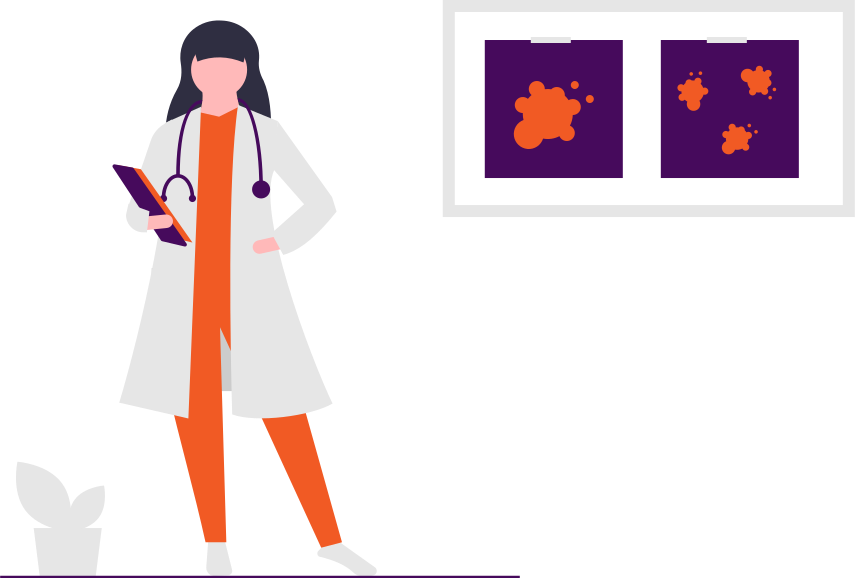Research Methodology: A Comprehensive Guide to Conducting Effective Research

The methodical process used to design, carry out, and evaluate research investigations is known as research methodology. It gives researchers a framework to methodically look into their research topics, gathers pertinent information, and come to significant findings. In this post, we'll examine the essential elements and recommended procedures of research techniques that support productive research results.
Research Design:
The entire study is built on the research design. It entails making choices on the research's general methodology, organization, and strategy. Based on their study topics and goals, researchers must decide between qualitative, quantitative, or mixed methodologies research. The procedures, tools, and techniques utilized to gather and analyze data are determined by the research design.
Research Questions and Objectives:
It is essential to specify the goals and study topics clearly. These questions serve as a roadmap for the research process and aid in narrowing the subject of the investigation. The study's stated objective and any useful findings are addressed by well-defined research questions.
Literature Review:
To find existing information, hypotheses, and research gaps in a field, a thorough literature review is crucial. It aids in understanding the context, building on earlier work, and developing research frameworks or hypotheses. A careful evaluation of the available literature guarantees that the study adds to the body of knowledge.
Sampling Techniques:
Sampling is the process of choosing a portion of a larger population's people or objects. To guarantee that results are representative and generalizable, researchers must carefully select the best sampling methods. Random, stratified, and purposeful sampling are some common sampling techniques.
Data Collection Methods:
To acquire relevant and trustworthy data, it is essential to choose the right data collection methods. Surveys, interviews, observations, experiments, and document analysis are a few examples of research techniques. The research questions, the resources at hand, and the nature of the research issue all influence the approach that is chosen.
Data Analysis Techniques:
To produce actionable insights, data analysis requires gathering, cleaning, and evaluating obtained data. Researchers can employ a variety of methodologies, including statistical analysis, content analysis, theme analysis, or grounded theory, depending on the research plan and data gathered. Software and tools for data analysis can make the process easier.
Ethical Considerations:
In order to safeguard participants' rights, privacy, and well-being, research must adhere to ethical standards. Informed consent should be obtained, confidentiality should be upheld, and any potential discomfort or injury should be minimized. The framework for performing ethical research is provided by institutional review boards (IRBs) and ethical guidelines.
Validity and Reliability:
While reliability describes the consistency and reproducibility of the results, validity relates to the accuracy and appropriateness of the study findings. By employing standardized measurements, controlling confounding variables, guaranteeing inter-rater reliability, and using the right statistical analytic procedures, researchers can improve the validity and reliability of their studies.
Data Interpretation and Conclusion:
Researchers should consider the research questions and aims when interpreting the results. They ought to examine the constraints, evaluate the ramifications, and provide recommendations for further research. Conclusions must be reached based on the facts and supported by the information gathered and examined.
Communication of Research Findings:
It is essential to effectively communicate research findings in order to spread knowledge and benefit the scientific community. Research papers, conference presentations, or other intellectual forums can be used by researchers to convey their findings. Communication that is clear and precise ensures that the research is understandable and contributes to a wider field of inquiry.
Lastly, research methodology is a thorough structure that directs researchers at every stage of the investigation. Researchers can perform efficient and impactful research by carefully organizing the research design, developing research questions, using the right data gathering and analytic methodologies, and abiding by ethical guidelines. Validity, dependability, and significance of the study findings are ensured by an effective research process.
